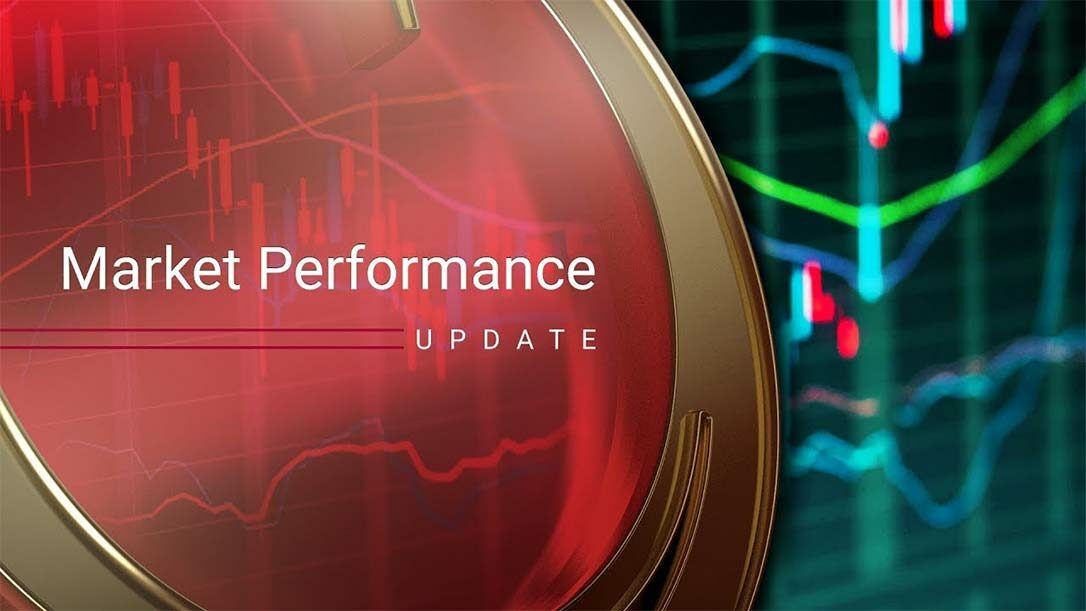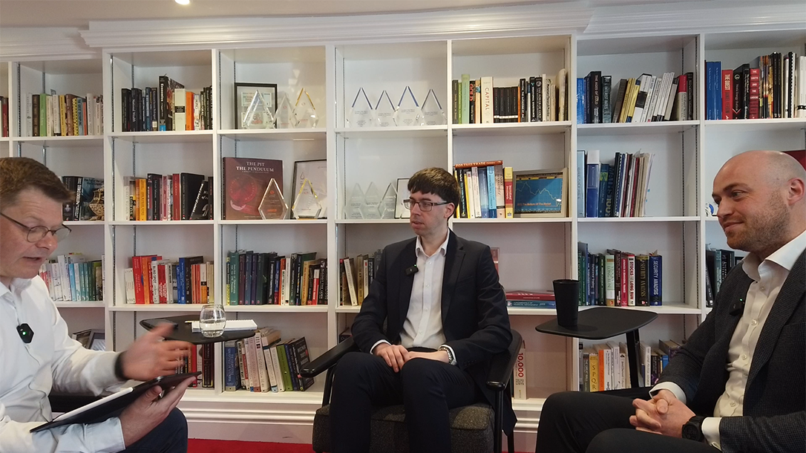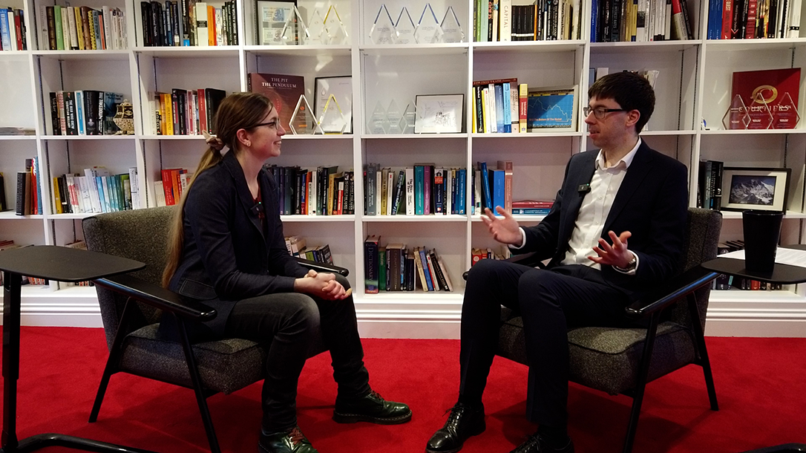Global markets continued to perform well in February, following on from their excellent start to the year in January. The MSCI World index, which measures the performance of global developed market equities, gained a further +3.34%, bringing its total return for the year up to +10.82%. The S&P 500 index, which measures the performance of US stocks, has had its best start to a year since 1991, largely due decreasing trade tensions and reduced fears of interest rate rises.
In the UK, a new political group has formed. Two weeks ago, seven Labour MPs announced that they had resigned from the party and were forming the Independent Group. Since then the group has recruited a further four MPs – one from Labour and three from the Conservatives – making it as large as the Liberal Democrats within the House of Commons.
Market volatility may tick up in the coming weeks as we count down to the UK’s scheduled departure date from the European Union. On 12th March the House of Commons is due to vote on the government’s revised Brexit deal. If the deal is rejected, then MPs will have the opportunity to vote against a no-deal Brexit, and then for an extension to Article 50.
Here is the full round-up of February market performance. In the UK, the FTSE 100 index gained 2.29%, while medium and smaller companies, measured by the FTSE 250 ex IT index and the FTSE Small Cap ex IT index, put on +2.74% and +0.54% respectively. In the US, the S&P 500 index climbed +3.21%, while in Europe the Eurostoxx 50 index gathered +4.42%. Japanese stocks measured by the Topix index rose +2.60%.
Emerging market returns were also mixed. The MSCI Emerging Markets index gained +1.11% and Chinese equities measured by the MSCI China index lifted +3.48%. However Latin American equities, measured by the MSCI Latin America index, dropped -1.68% and Indian stocks measured by the IISL Nifty 50 PR index slipped -0.36%.
In the fixed income market, UK government bonds, measured by the FTSE Gilts All Stocks index, fell -0.88% and long dated (over 15 years to maturity) gilts lost -1.66%. European corporate bonds, measured by the Markit iBoxx Euro Corporates index, increased +0.71% while sterling denominated corporate bonds, measured by the Markit iBoxx Sterling Corporates index, returned +0.20%. In the high yield market, the Bank of America Merrill Lynch Euro High Yield index and the Bank of America Merrill Lynch Sterling High Yield index grew +1.85% and +1.62% respectively.
Commodities had a mixed month. The S&P GSCI index, which consists of a basket of commodities including oil, metals and agricultural items, climbed +3.81%. Oil continued its lucrative start to the year as the price of a crude oil contract gained a further +6.38%. However the precious metals saw negative returns as the S&P GSCI Gold and Silver indices dipped -0.50% and -3.15% respectively. In the agricultural markets, corn and wheat declined -3.76% and -11.93% respectively.
In the FX markets, most foreign currencies performed badly against a rising pound. The US dollar and the euro depreciated -1.17% and -1.84% respectively against sterling.













